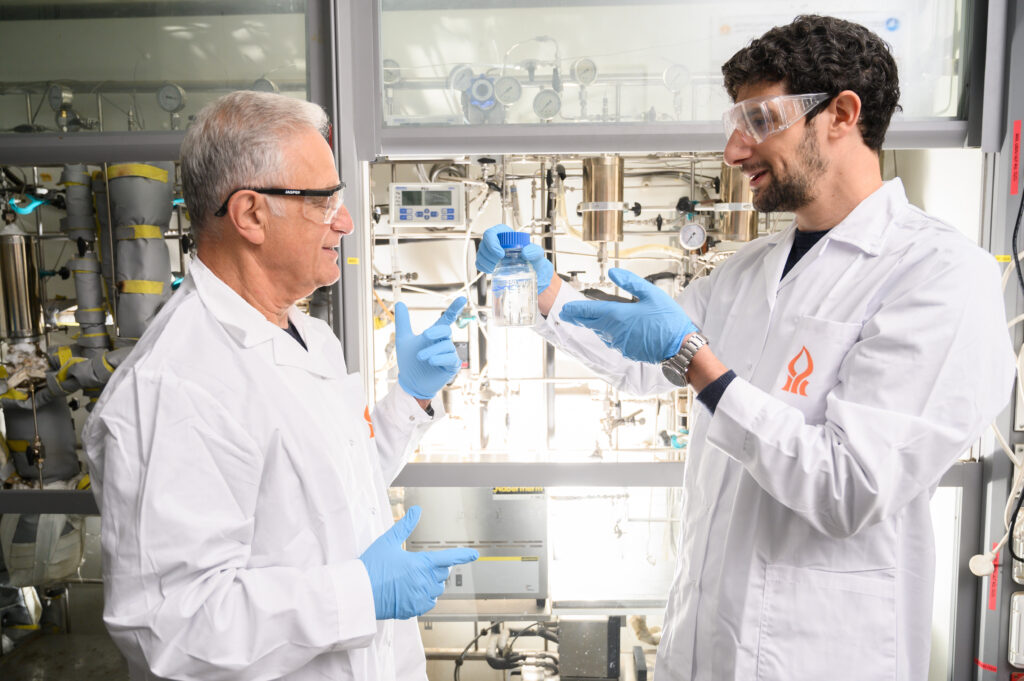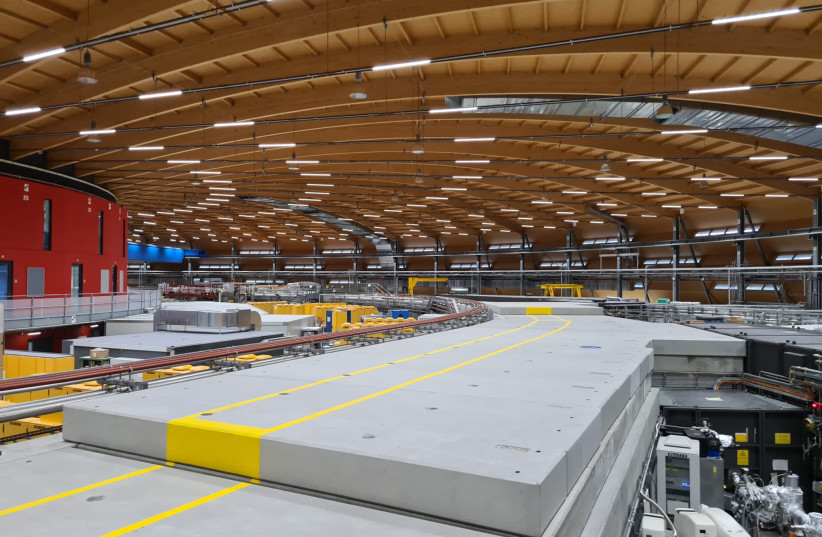
Technique Developed to Help Combat Nuclear Proliferation
Technique Developed to Help Combat Nuclear Proliferation
March 4, 2009
Alternative Energy, Press Releases
BEER-SHEVA, ISRAEL — March 9, 2009 — Ben-Gurion University of the Negev (BGU) engineers have developed a technique to “denature” plutonium created in large nuclear reactors, making it unsuitable for use in nuclear arms.
By adding Americium (Am 241), a form of the basic synthetic element found in commercial smoke detectors and industrial gauges, plutonium can only be used for peaceful purposes.
This technique could help “de-claw” more than a dozen countries developing nuclear reactors if the United States, Russia, Germany, France and Japan agree to add the denaturing additive into all plutonium.
An article on the technique and findings will appear next month in the Science and Global Security journal.
“When you purchase a nuclear reactor from one of the five countries, it also provides the nuclear fuel for the reactor,” explains Prof. Yigal Ronen, of BGU’s Department of Nuclear Engineering, who headed the project.
“Thus, if the five agree to insert the additive into fuel for countries now developing nuclear power — such as Bahrain, Egypt, Kuwait, Libya, Malaysia, Namibia, Qatar, Oman, United Arab Emirates, Saudi Arabia and Yemen — they will have to use it for peaceful purposes rather than warfare.”
Ronen originally worked on Neptonium 237 for the purpose of denaturing plutonium, but switched to Americium, which is meant for pressurized water reactors (PWRs), such as the one being built in Iran.
“Countries that purchase nuclear reactors usually give the spent fuel back to the producer,” explains Ronen. “They wouldn’t be able to get new plutonium for weapons if it is denatured, but countries that make nuclear fuel could decide not to denature it for themselves.”
Nuclear fuel used in nuclear reactors has two isotopes of uranium. One is fissionable, while the other is not. The unfissionable component undergoes a number of nuclear reactions, turning some of it into plutonium.
The plutonium also includes fissionable and unfissionable components. The amount of fissionable components created in nuclear reactors is enough to be used as nuclear weapons.
ABOUT AMERICANS FOR BEN-GURION UNIVERSITY
By supporting a world-class academic institution that not only nurtures the Negev, but also shares its expertise locally and globally, Americans for Ben-Gurion University engages a community of Americans who are committed to improving the world. David Ben-Gurion envisioned that Israel’s future would be forged in the Negev. The cutting-edge research carried out at Ben-Gurion University drives that vision by sustaining a desert Silicon Valley, with the “Stanford of the Negev” at its center. The Americans for Ben-Gurion University movement supports a 21st century unifying vision for Israel by rallying around BGU’s remarkable work and role as an apolitical beacon of light in the Negev desert.
About Ben-Gurion University of the Negev
Ben-Gurion University of the Negev embraces the endless potential we have as individuals and as a commonality to adapt and to thrive in changing environments. Inspired by our location in the desert, we aim to discover, to create, and to develop solutions to dynamic challenges, to pose questions that have yet to be asked, and to push beyond the boundaries of the commonly accepted and possible.
We are proud to be a central force for inclusion, diversity and innovation in Israel, and we strive to extend the Negev’s potential and our entrepreneurial spirit throughout the world. For example, the multi-disciplinary School for Sustainability and Climate Change at BGU leverages over 50 years of expertise on living and thriving in the desert into scalable solutions for people everywhere.
BGU at a glance:
20,000 students | 800 senior faculty | 3 campuses | 6 faculties: humanities & social sciences, health sciences, engineering sciences, natural sciences, business & management, and desert research.
For all press inquiries, please contact:
James Fattal, J Cubed Communications
516.289.1496



